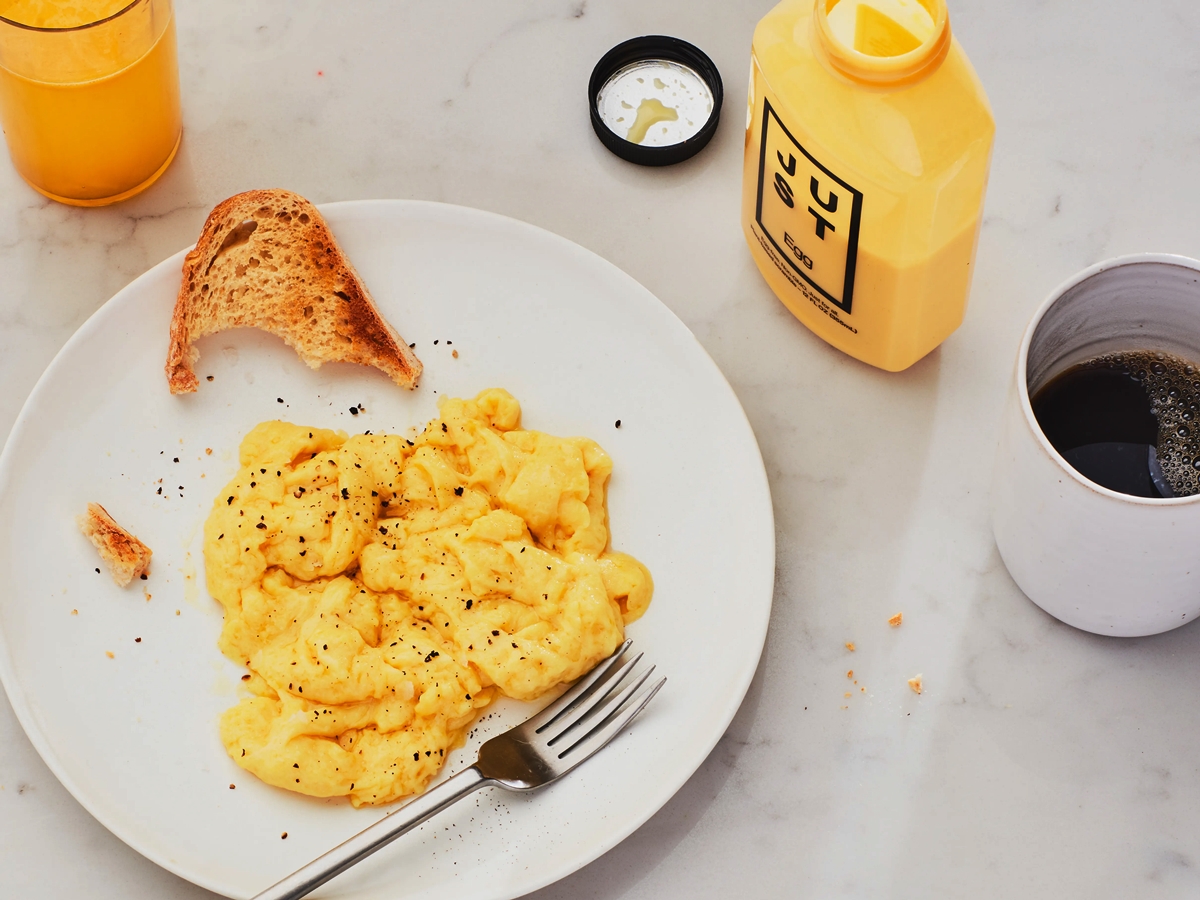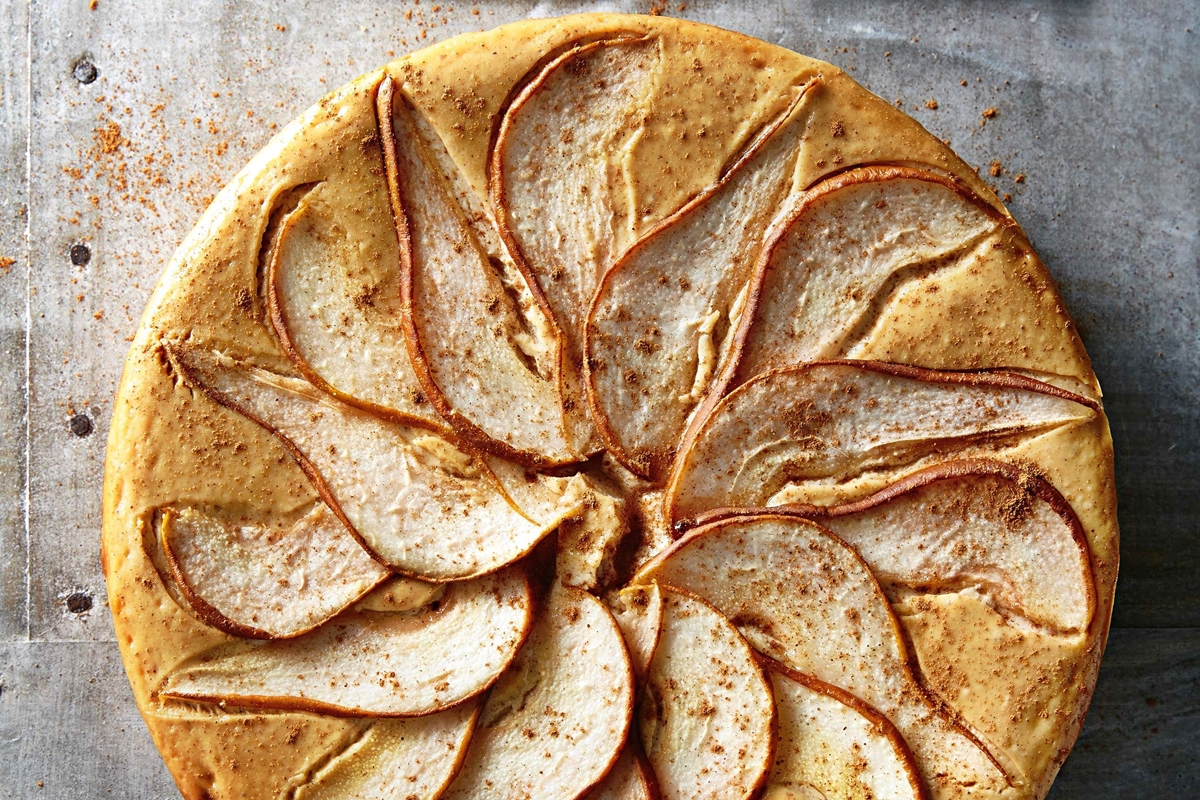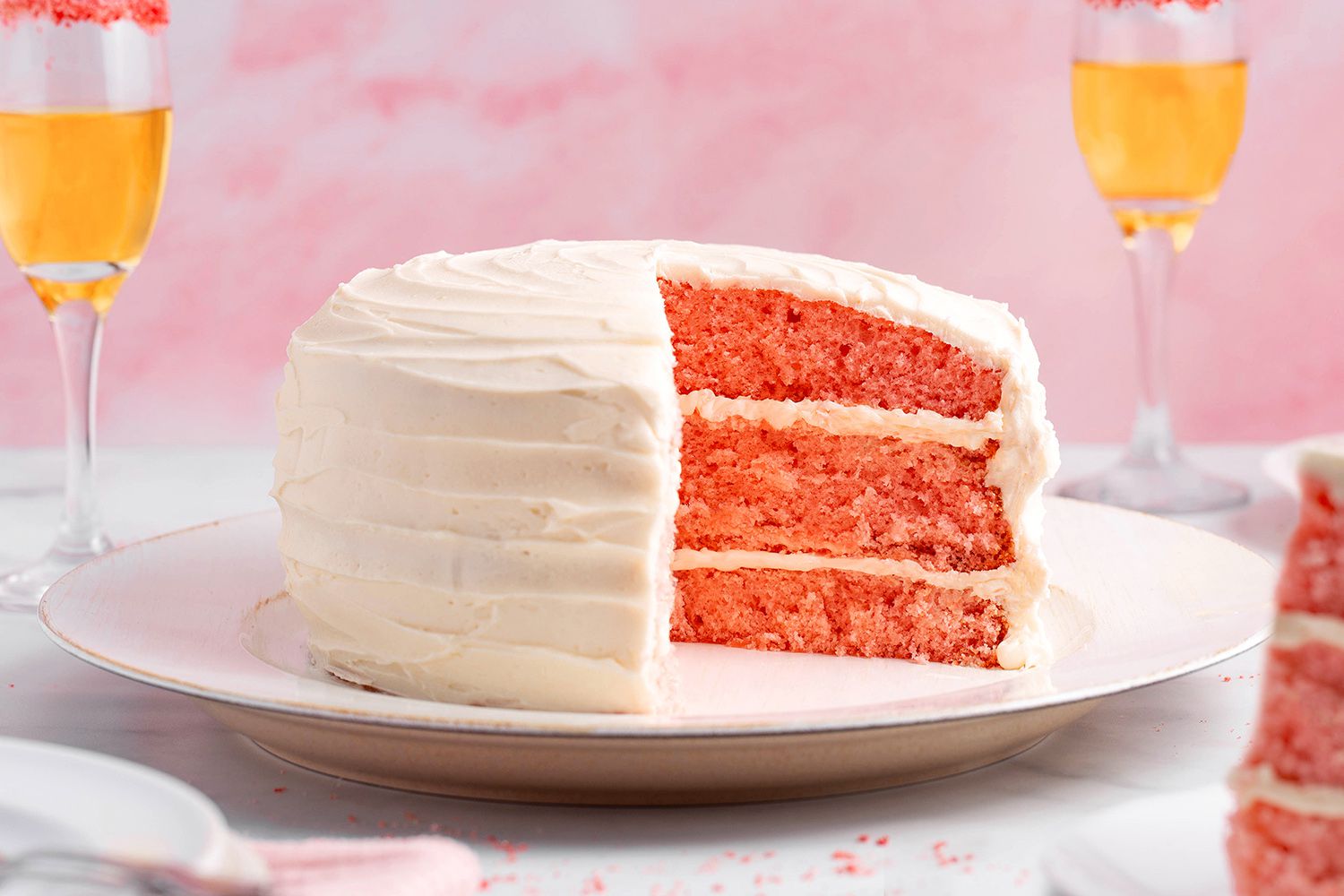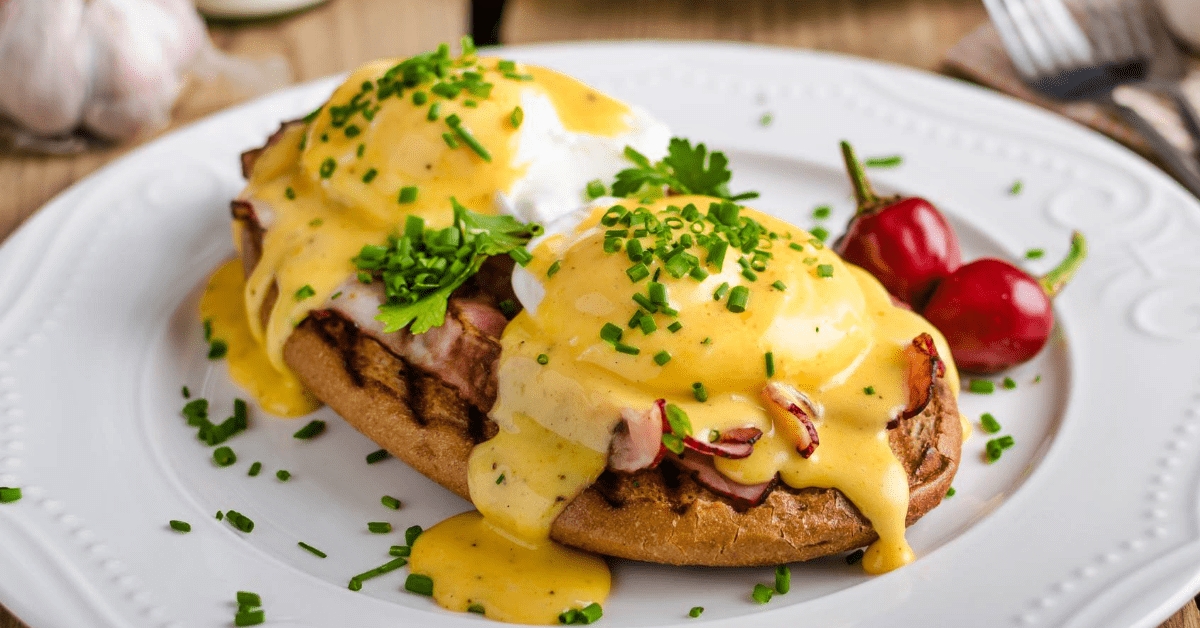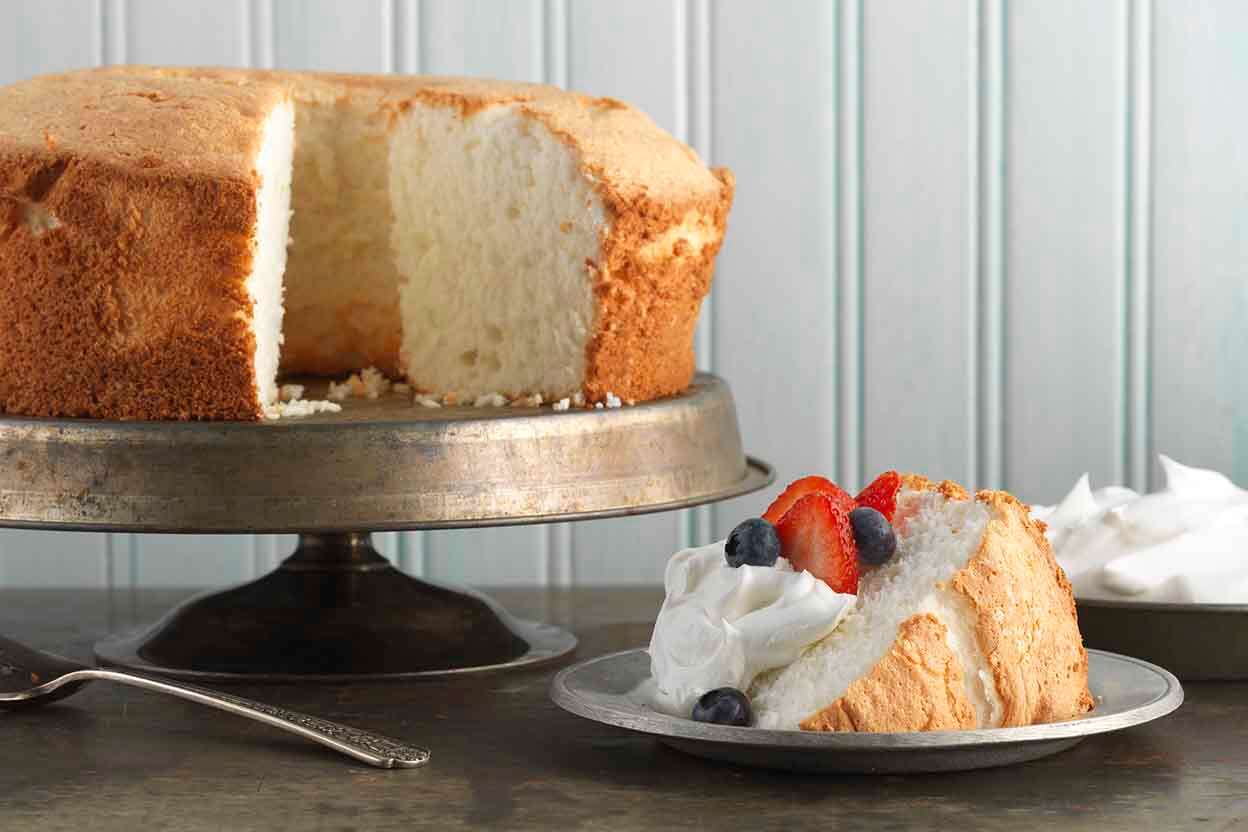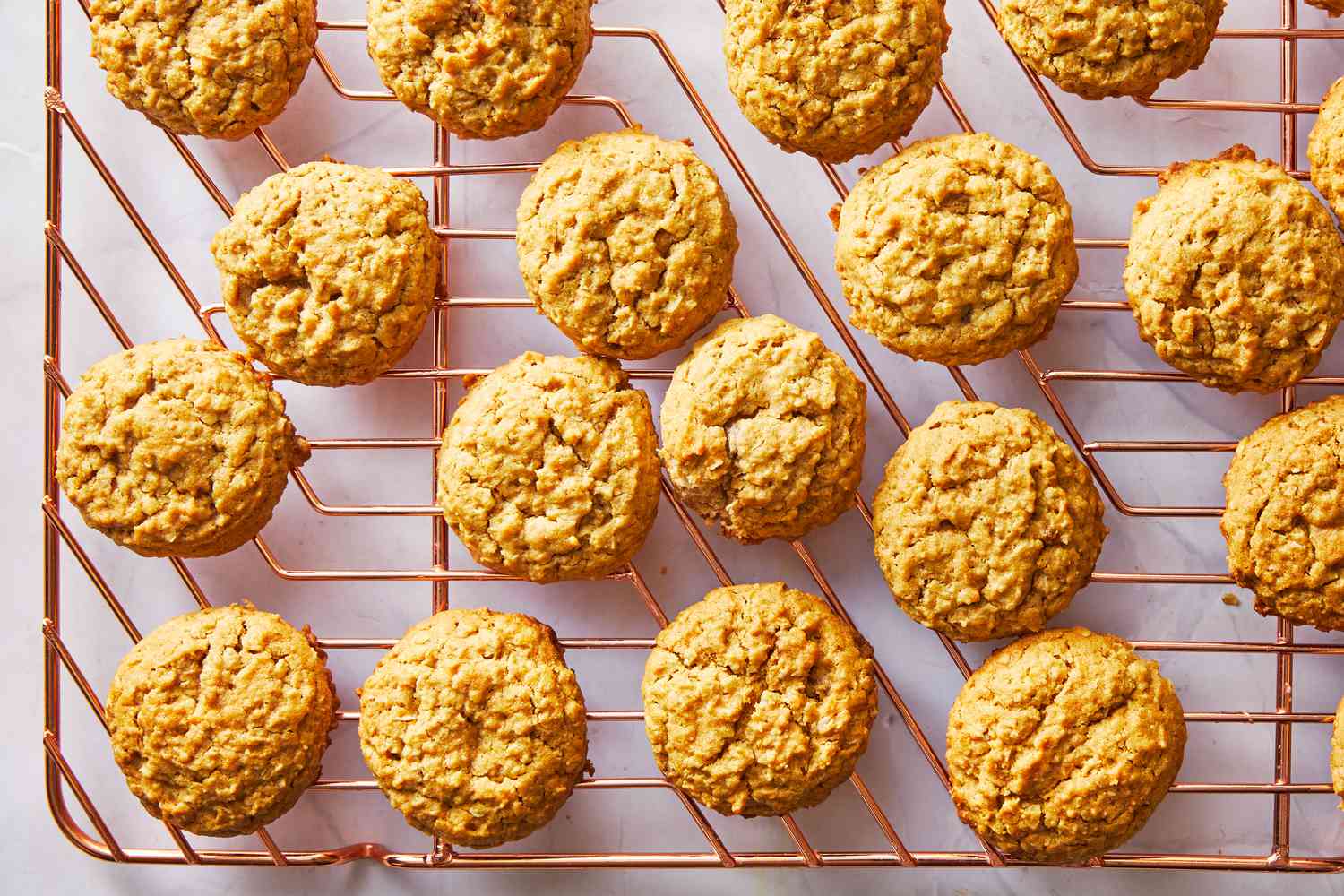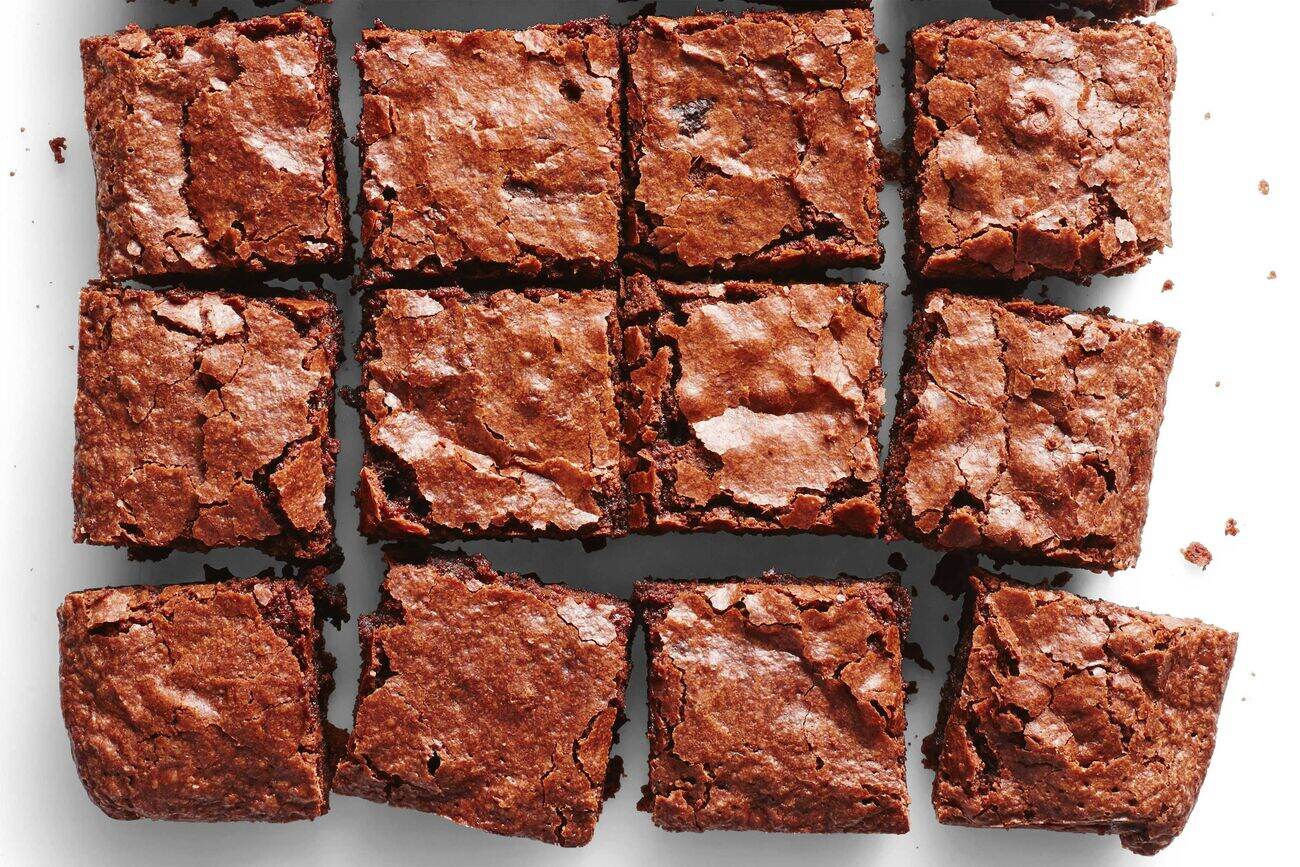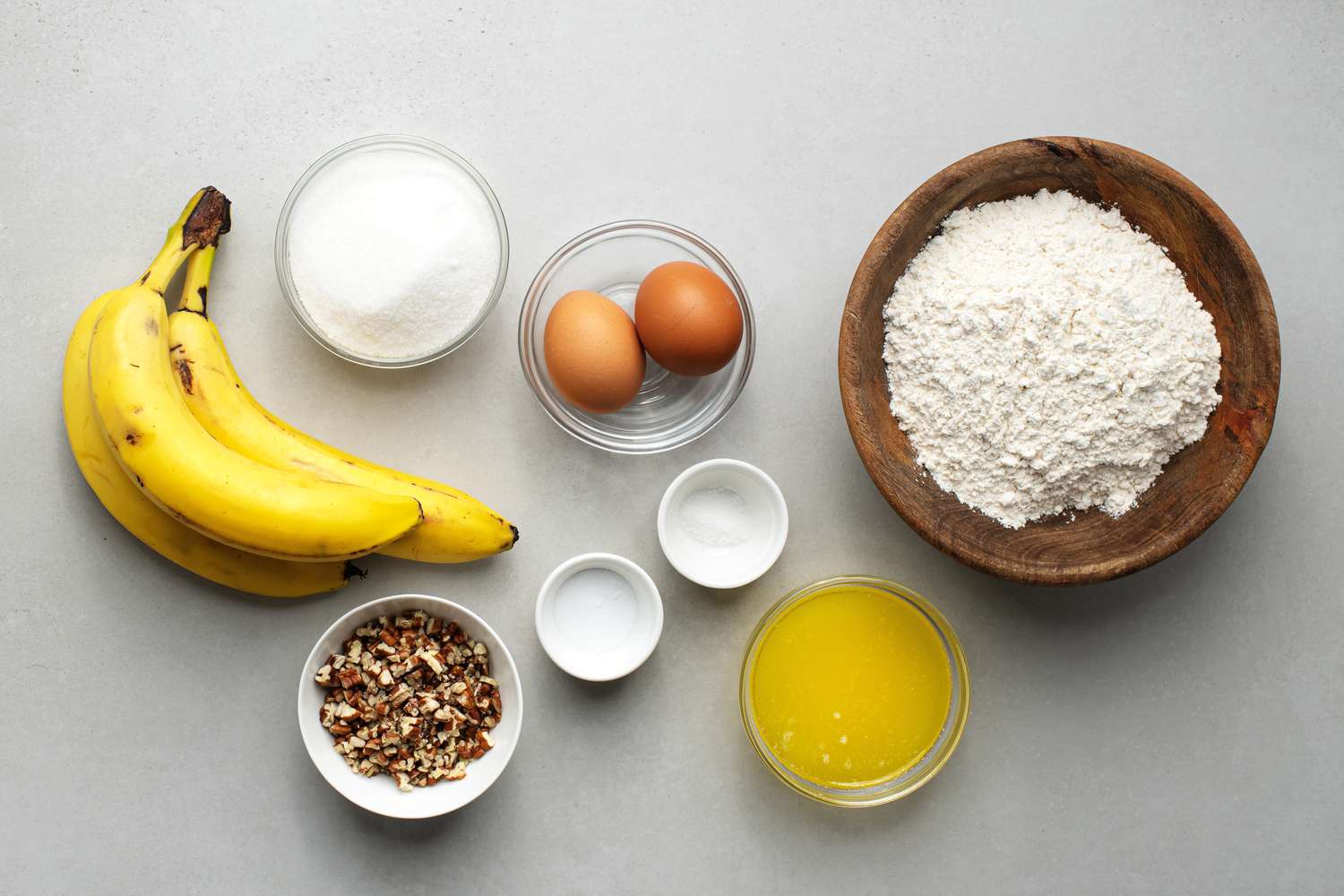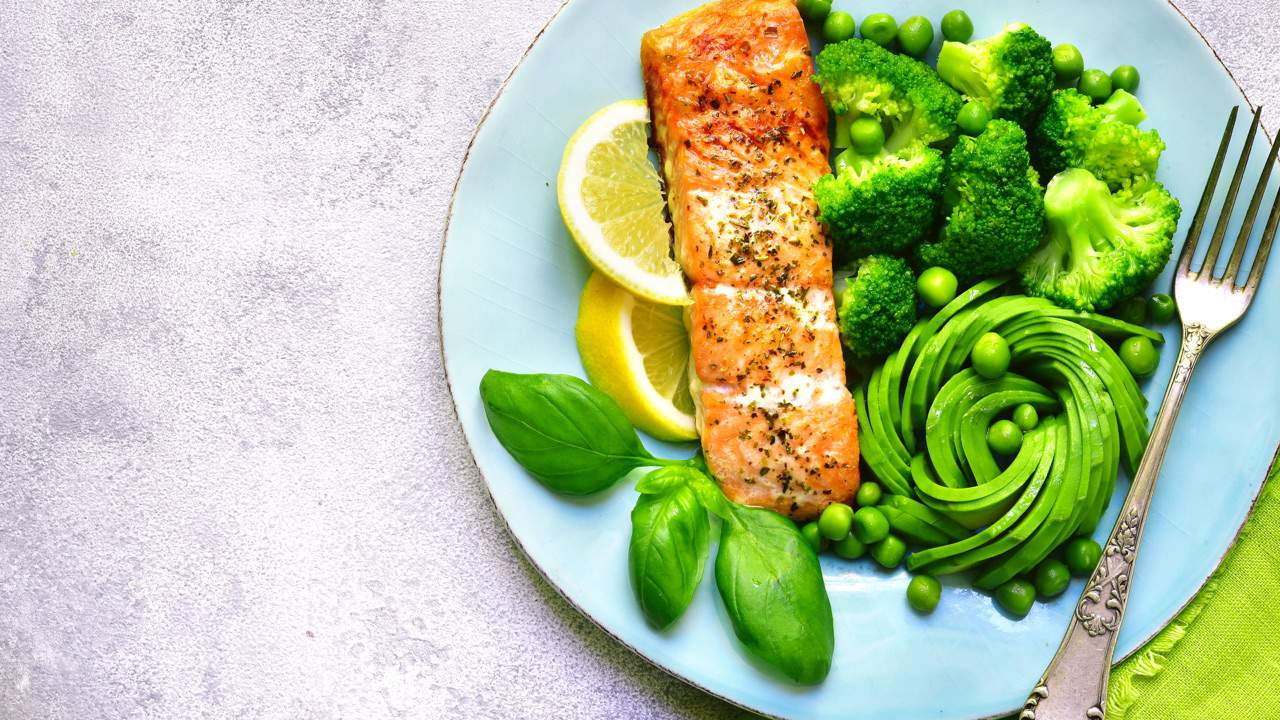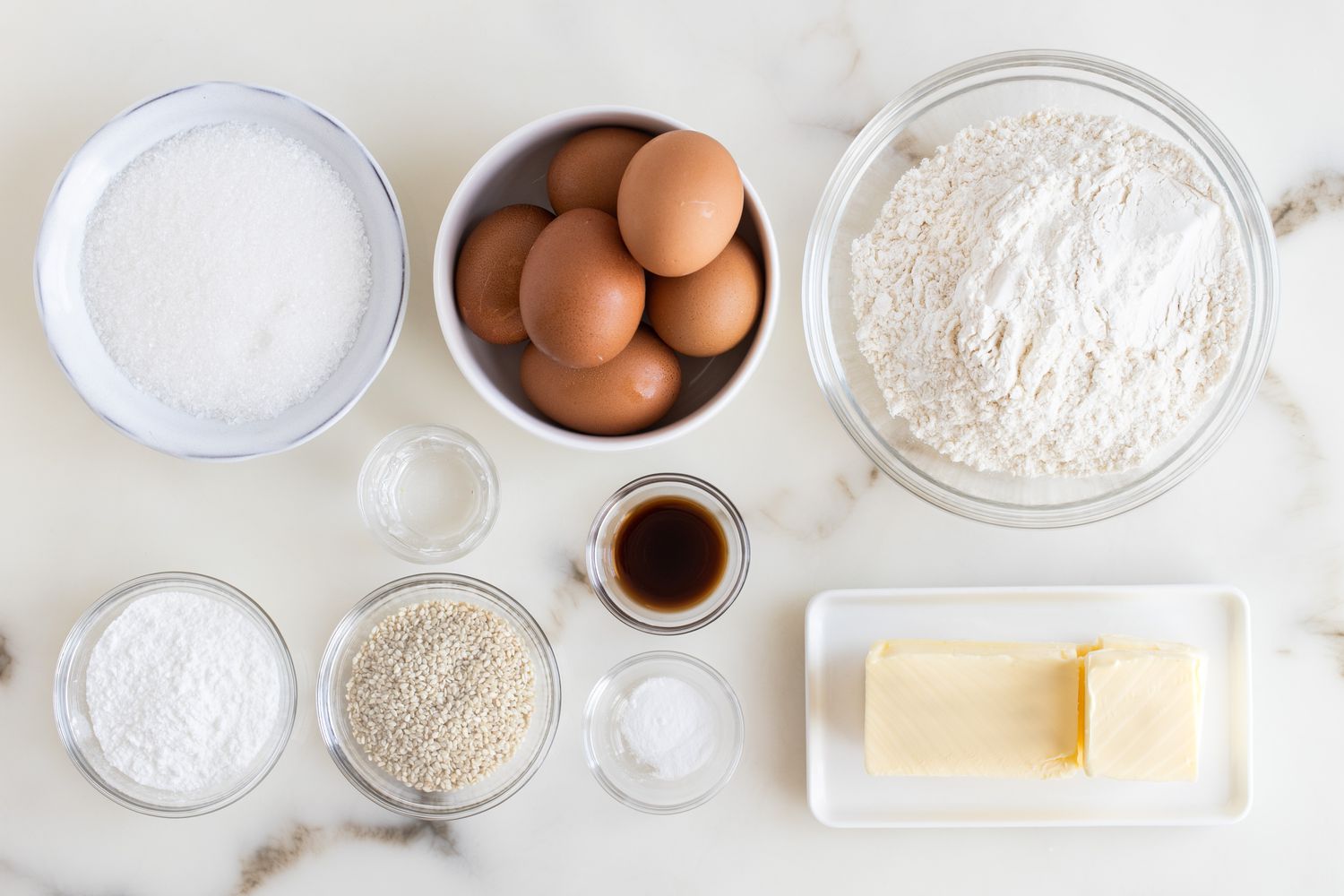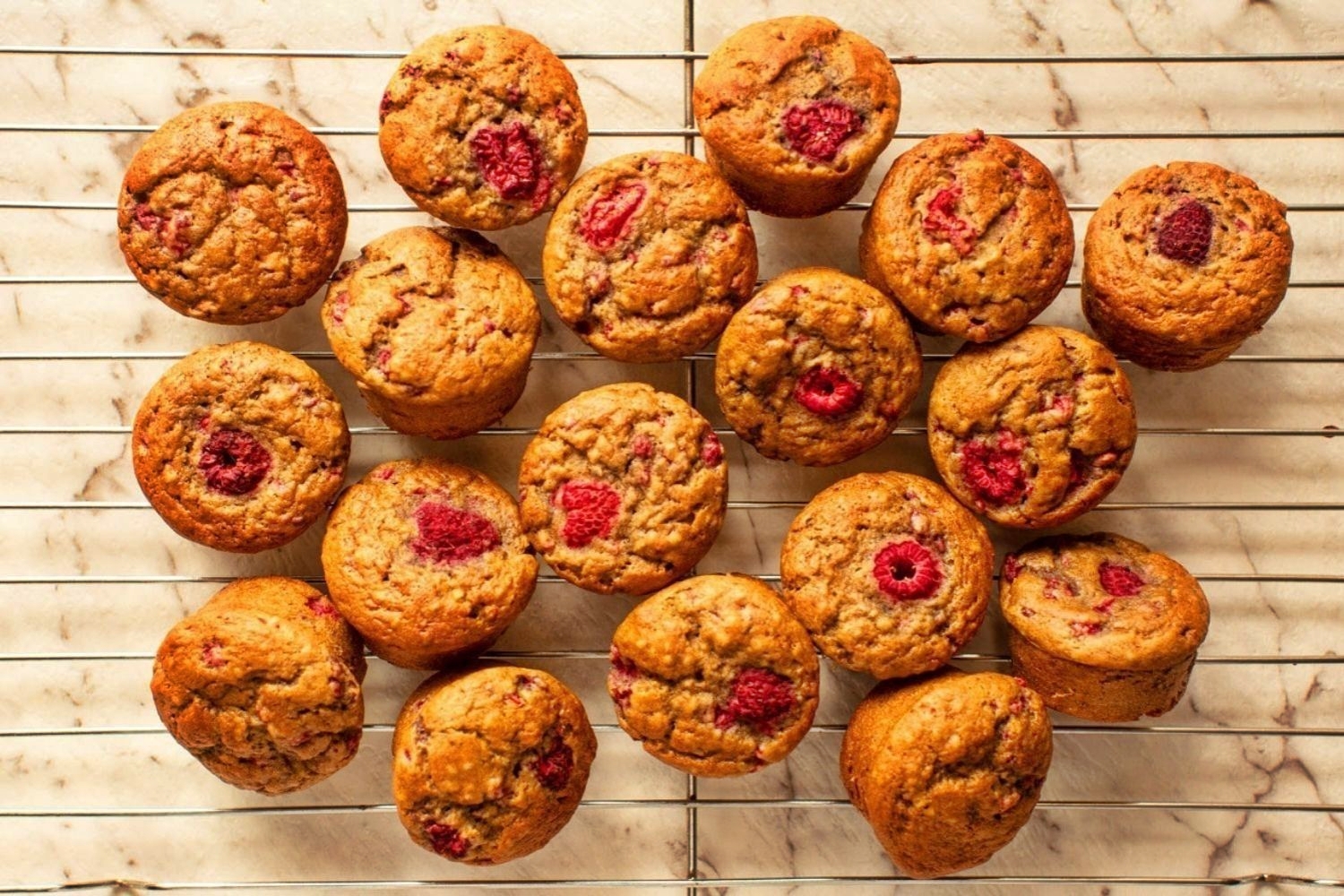11 Best Flour Substitutions
Flour is a staple ingredient in many recipes, but what happens when you run out of it or need to avoid it due to dietary restrictions? Luckily, there are several excellent flour substitutions that can save the day. Whether you’re gluten-free, looking for a healthier alternative, or just want to switch things up in the kitchen, we’ve got you covered. Here are 11 of the best flour substitutions:
1. Almond Flour
Almond flour is a popular gluten-free option for baking. Made from ground almonds, it adds a subtle nutty flavor and a moist texture to your recipes. It’s great for cookies, cakes, and muffins.
2. Coconut Flour
Coconut flour is another fantastic gluten-free alternative. It’s high in fiber and low in carbs, making it a healthier choice. It has a natural sweetness and works well in pancakes, bread, and pastries.
3. Oat Flour
Oat flour is an excellent substitute for all-purpose flour. It has a slightly nutty flavor and adds moisture to your baked goods. It’s perfect for cookies, bread, and pie crusts.
4. Chickpea Flour
Chickpea flour, also known as gram flour or besan, is a versatile gluten-free option. It has a slightly earthy taste and holds its shape well, making it ideal for savory dishes like fritters, flatbreads, and falafels.
5. Rice Flour
Rice flour is a gluten-free flour made from finely ground rice. It has a light and delicate texture, making it perfect for pastries, dumplings, and noodles.
6. Quinoa Flour
Quinoa flour is a nutritious choice that adds a nutty flavor and a protein boost to your recipes. It’s gluten-free and works well in bread, muffins, and pancakes.
7. Buckwheat Flour
Buckwheat flour is a versatile gluten-free flour with a distinctive flavor. It’s fantastic for making pancakes, waffles, and crepes. It’s also rich in fiber and nutrients.
8. Potato Flour
Potato flour is a gluten-free option that adds moisture and a light texture to your baked goods. It’s great for bread, cakes, and cookies. Just be careful not to confuse it with potato starch.
9. Cassava Flour
Cassava flour, made from the starchy cassava root, is a gluten-free and grain-free option. It has a neutral taste and can be used as a one-to-one substitute for all-purpose flour in many recipes.
10. Spelt Flour
Spelt flour is a popular alternative to wheat flour. Although it contains gluten, some people with wheat sensitivities find it easier to digest. It can be used in bread, pizza dough, and muffins.
11. Cornmeal
Cornmeal is a coarse flour made from ground corn. It’s commonly used in baking and cooking, especially for making cornbread, muffins, and tortillas.
No matter what your dietary needs or preferences may be, these 11 flour substitutions provide a wide range of options to keep your baking adventures exciting and delicious. Experiment with different flours and discover new flavors and textures in your favorite recipes. Happy baking!
